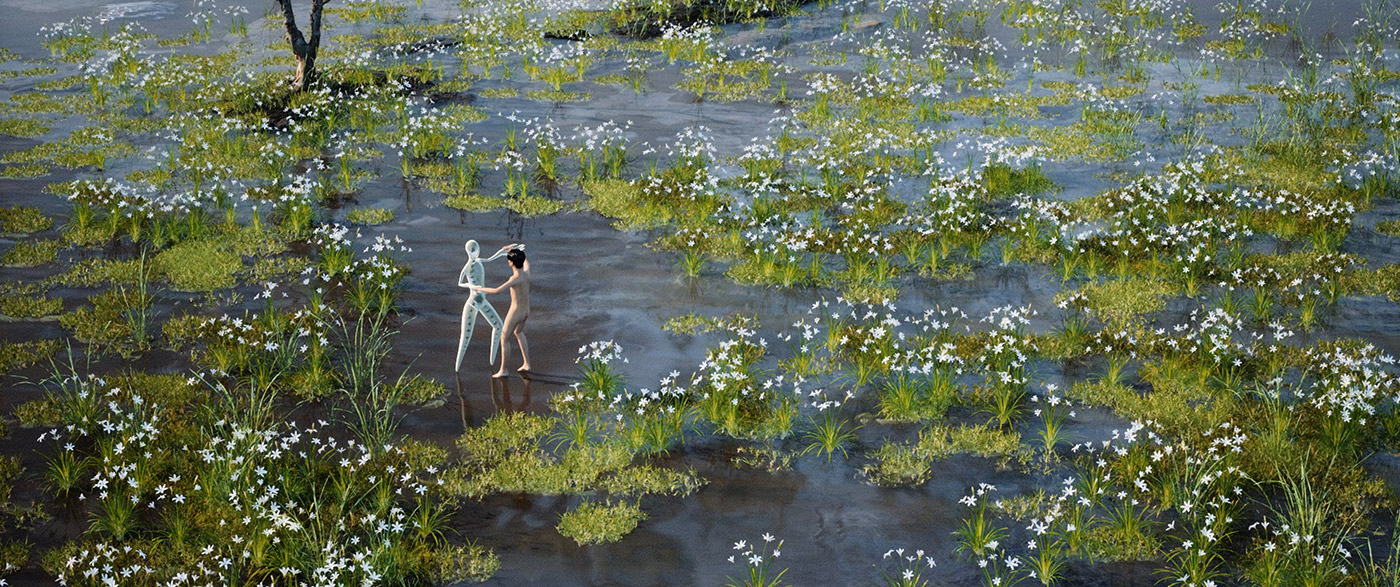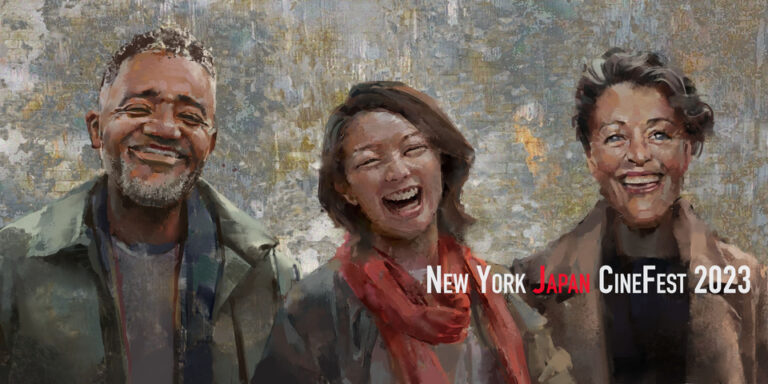
The New York Japan CineFest was born in 2012, with the intent of supporting budding filmmakers and providing creative playground in the most exciting city in the world, New York City. The festival was founded by two filmmakers, Yasu Suzuki, Kosuke Furukawa and a music producer Hiroshi Kono, who truly have succeeded in sharing with the public some enlightening motion pictures.
This 12th edition featured 16 short films at Asia Society from November 3rd to November 4th and was co-hosted by Mar Creation with partners that include, JICC-Japan Information and Culture Center, Short Shorts Film Festival, Boston Japan Film Festival, Aichi International Women’s Film Festival and the Tokyo Independent Movie Festival.
A quintet of shorts are exemplary in displaying how the entire 2023 line-up is timely in terms of themes and creative forms of expression. For instance, The Floating World directed by Hiroshi Yokota provides a stupendous animated journey in a Nihonga recreation of the Edo lifestyle. The protagonist of this adventure is an environmental studies student who discovers how 19th century Japan was forward-thinking in terms of circularity. Ashes were used to dye fabrics, brew sake and cultivate rice; the Shogun adamantly promoted reforestation; human manure excelled as a fertiliser; and all types of waste would find a new purpose. The film is an uplifting ode to the way we all dwell in a floating dimension of impermanence and how recycling can benefit our lives.
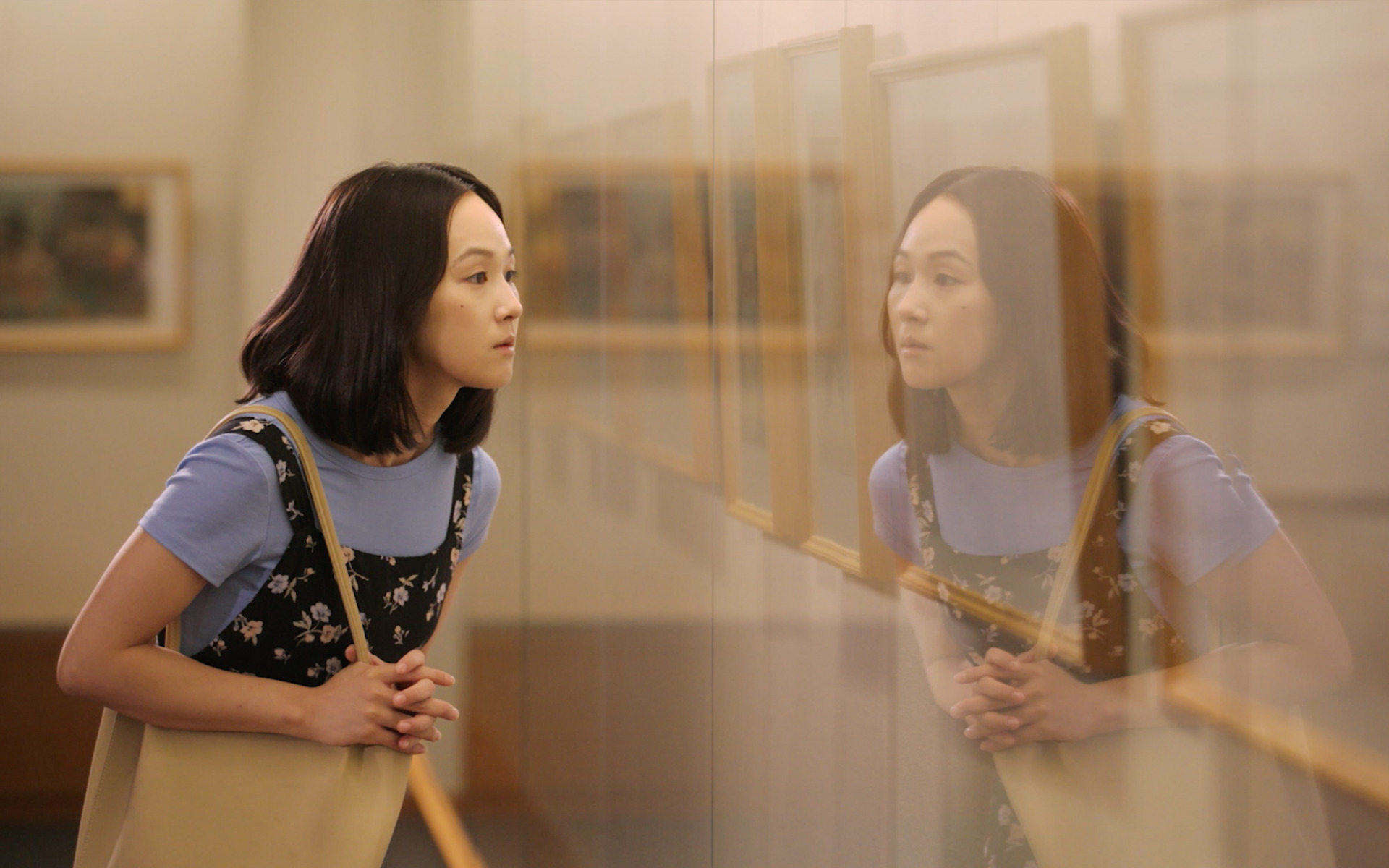
What To Do, To Be Like You directed by Chris Rudz, honours the profession of the diver, that is passed on from one generation of women to the next, and becomes an inspiring metaphor for the art of living. In Kojima, Natsumi learns from the expert Reiko not only how to breathe and stay healthy to go underwater, but how to improve her quality of life. Through their interaction we all acquire wise lessons that can improve our day to day existences.
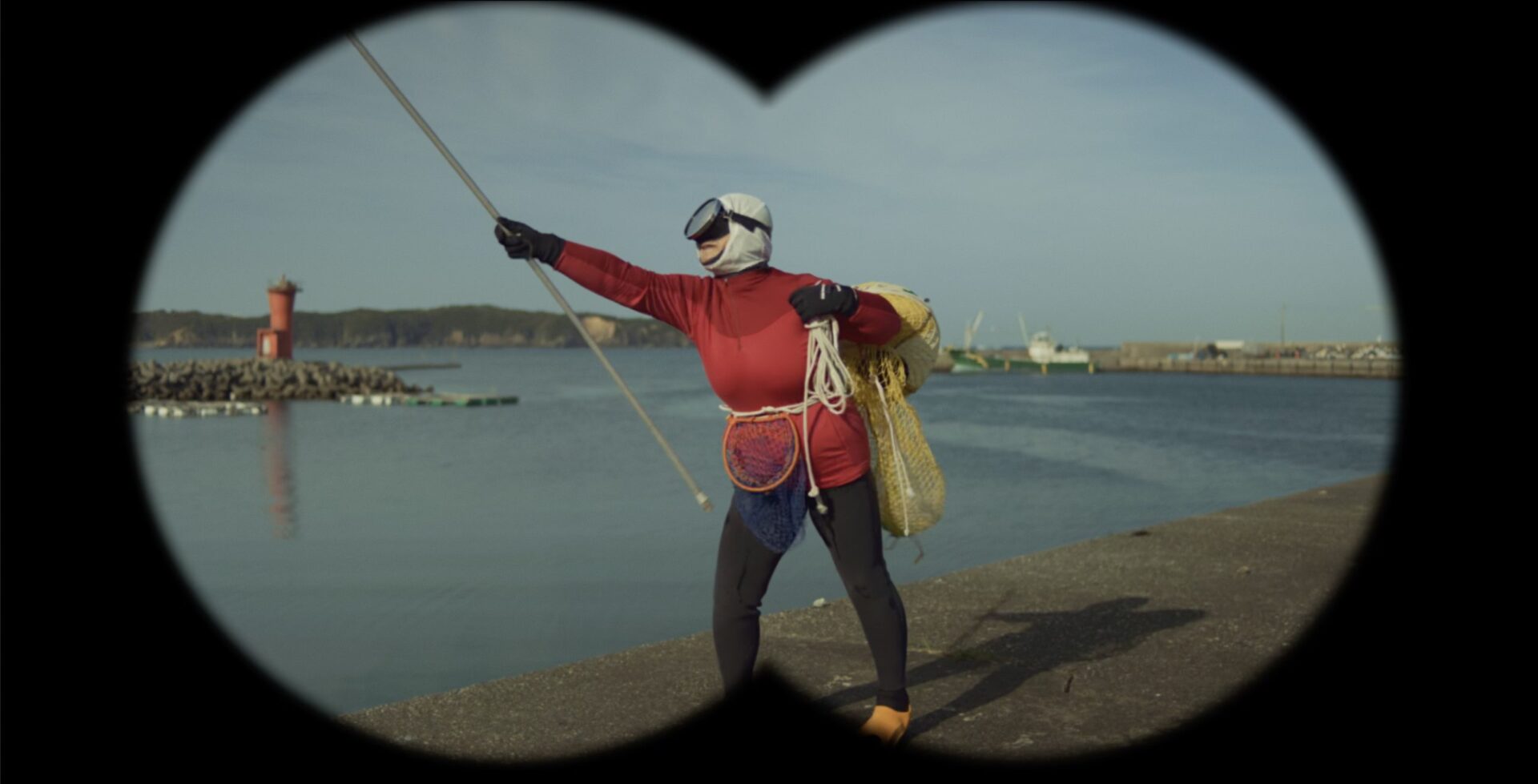
Third Wheel, directed by Kevin Haefelin, is a playful Samurai comedy about a three-way relationship with a ghost that serves as an irreverent depiction of today’s society. Gohei, a master carpenter, returns as a phantom to make peace with his wife, Sachi, but finds out he is invisible. He must rely on Sakichi, his once-neglected apprentice gifted with psychic abilities, who will turn his medium powers in his favour. Through this fun cinematic oeuvre we are faced to accept the ways of the world.
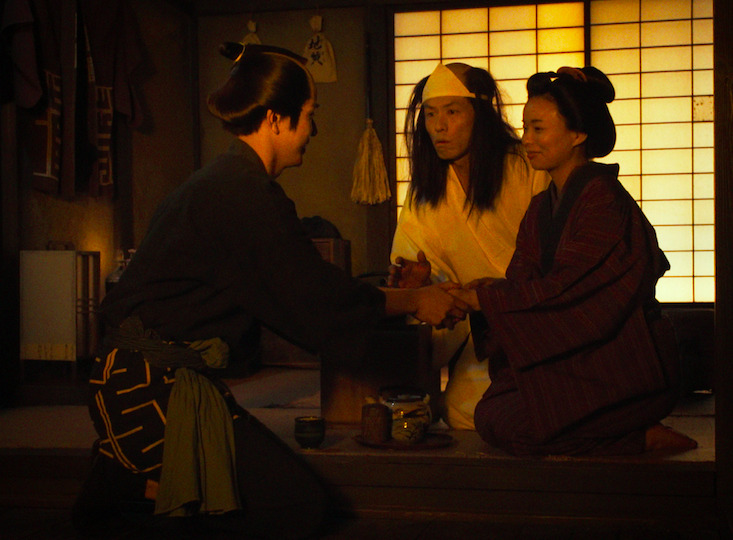
A film that uses as narrative device an ancient Nipponic tradition to delve into the intricacies of the human soul is Shuhari — Finding my way through Japanese calligraphy, directed by Tatsuya Ino. We observe how the handwriting craft allows to acquire confidence and focus on future goals with determination. The set of rules of calligraphy becomes a means to an end, to achieve will power and a new identity.
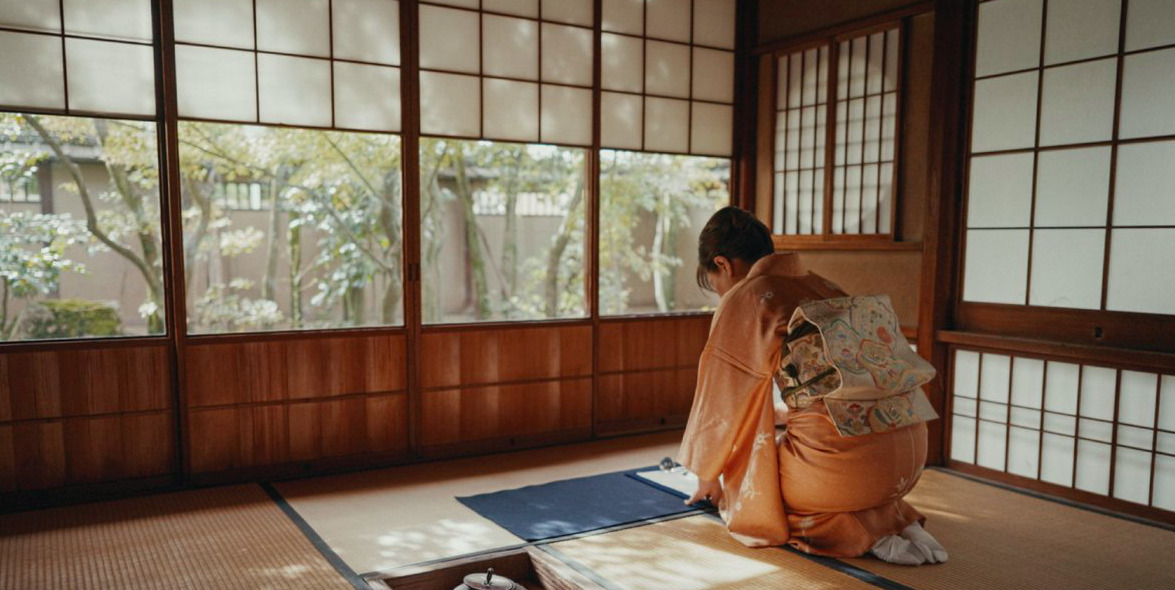
Probably the most existentialist film of this edition is The Swamp directed by Sorao Sakimura. The animated-piece shows a boy overcoming the quick-sands thanks to the rejuvenating force of nature.
His waltz with an unidentified being, that resembles his form, reverberates the importance of connection to overcome hardships and allow our world to refresh, renew, renovate, and restore.
Check out more of Chiara’s articles.
